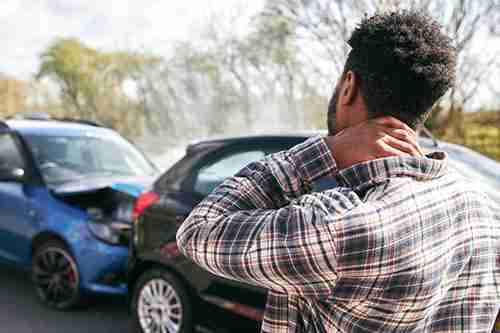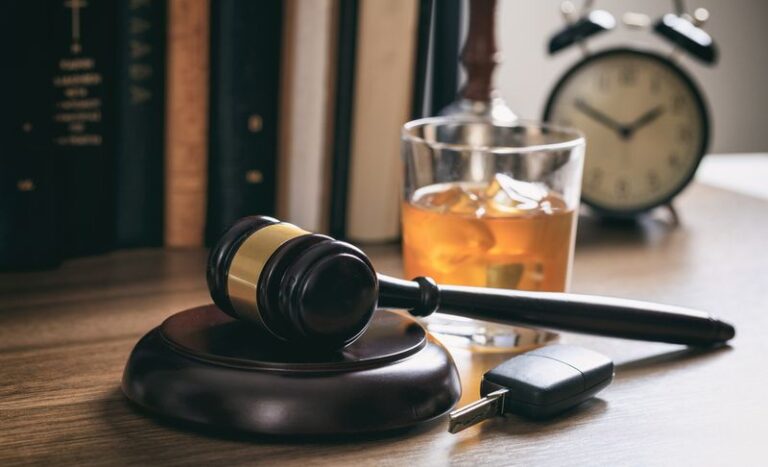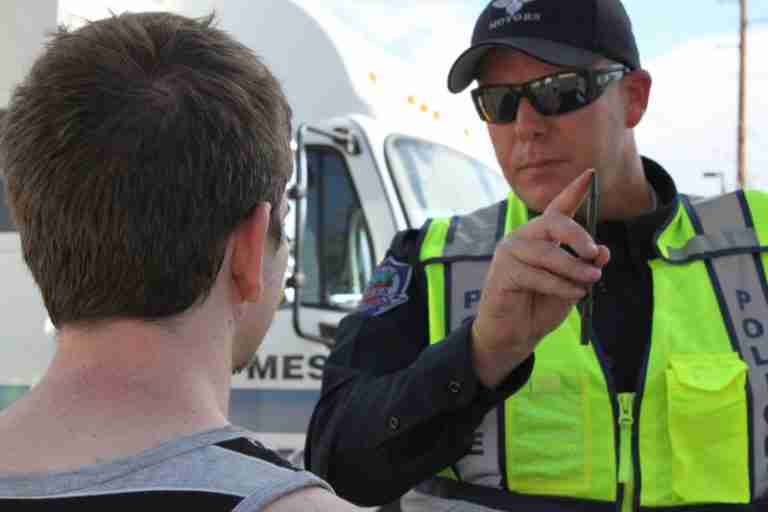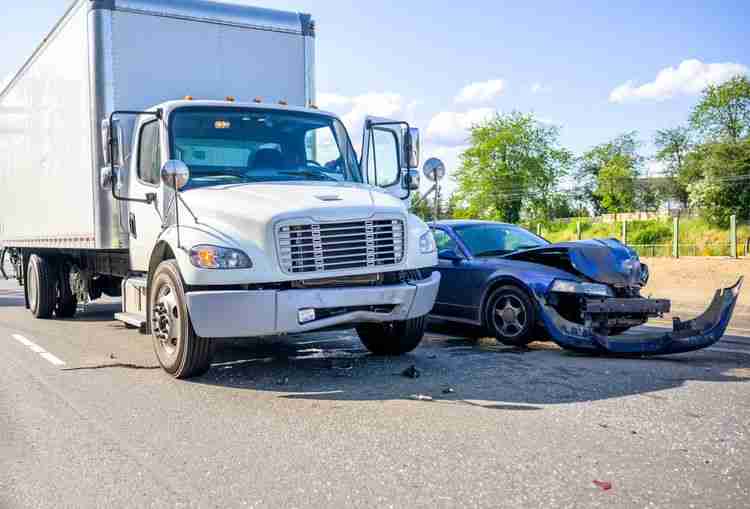Property owners, occupiers, and managers have a duty to keep their properties in safe conditions. They are responsible for taking reasonable care to prevent and/or address dangerous conditions, such as carrying out proper maintenance, repairing dangerous conditions, or providing adequate warnings, especially for children, who are afforded enhanced protections under the law.
Neglecting their duty to keep their premises safe could expose the property owner or manager to premises liability claims if a child is injured while on their property. Due to their curious nature, children may not always recognize potential dangers, placing them at greater risk of injury on others’ properties.
Their curiosity and lack of understanding of danger could lead them to play in risky areas, play with dangerous equipment, consume hazardous substances, and engage in other activities that could harm them.
If you or your child was hurt due to the negligence of another party, call our personal injury lawyers at SHElaw firm® at 470-378-1162.
Understanding Premises Liability and Children
Premises liability is processed based on the level of permissions that the injured individual has to be on the property. Invitees (someone invited to the property for business purposes) and licensees (someone invited to the property for social purposes) are afforded greater legal protections.
As such, the property owner, occupier, and/or manager have a duty to provide a safe environment to these individuals.
On the other hand, while trespassers (individuals on a property without permission) can lodge premises liability claims, they do not enjoy similar legal protection as invitees and licensees, except in the case of minors.
Under the “attractive nuisance” doctrine, property owners, occupiers, and/or managers have a duty of care when children are likely to be attracted to a hazardous item or condition on the property, such as a swimming pool. In this regard, the attractive nuisance doctrine is an exception to premises liability tort laws that specifically apply to trespassing children.
Special Considerations for Child Safety
Children possess a natural curiosity and an innate sense of adventure, traits that, while integral to their development, can sometimes place them at greater risk of injury.
This understanding forms the cornerstone of our approach to cases involving child safety on others’ properties. Special considerations must be taken into account when evaluating premises liability from the perspective of a child’s interaction with the environment.
Property owners bear a heightened duty of care to ensure their premises are safe for all visitors, particularly the most vulnerable among us. This is why our government has instituted premises liability laws.
Attractive Nuisances
An attractive nuisance is a condition, thing, or apparatus that the property owner or manager should foresee to attract children while also posing a risk of injury or death to the child.
Some of the commonly recognizable hazardous conditions, items, or apparatus include:
- Swimming pools
- Trampolines
- Abandoned cars
- An unfenced junkyard
- Man-made ponds and lakes
- Farm equipment
- Wells
- Stairways, ladders, and scaffolding
- Treehouses
- Abandoned refrigerators or freezers
- Rope swings
- Unconstrained pets such as dogs.
It’s important to secure the hazards as they not only attract children, but they may not immediately recognize the hazardous nature of the item, condition, or apparatus, putting them at a greater risk of harm.
Duty of Care
Property owners have a duty of care to take reasonable measures that eliminate the risk of injuries or death to minors who wander onto their private property. These measures include fencing off dangerous items or conditions (such as a swimming pool) or posting clear and adequate warning signs.
Legal Protections for Injured Children
According to Georgia tort laws, property owners are required to protect trespassing children similarly to invitees. However, conditions must be met for the legal protection of a child under the attractive nuisance to apply.
These elements of premises liability include:
- The property owner, occupier, or manager has reason to know or know that the children may trespass.
- The property owner, occupier, or manager knows, should know, has reasons to know, or is able to realize there is an unreasonable risk of injury or death to trespassing children.
- The children are unaware or oblivious of the dangers the attractive nuisance (condition, item, equipment, etc.) poses due to their age.
- The cost of eliminating danger and the purpose of the attractive nuisance is lower than the risk to children.
- The property owner, occupier, or manager fails to take reasonable measures to eliminate the danger to children.
When an accident involving a child meets the above condition, the property owner, occupier, or manager may be held liable.
Steps to Take if Your Child is Injured
When a child sustains an injury, it can be an overwhelming experience. The key is to remain as calm as possible.
If a child is injured, follow these steps:
- Step #1: Immediate Actions – The health and safety of the child should be prioritized. As such, seek prompt medical attention. Also, note that delaying seeking medical attention for the child can be held against you.
- Step #2: Documenting the Incident – Personal injury liability cases in Georgie are conducted based on fault. As such, you should report the incident and document and secure as much evidence as possible.
- Step #3: Legal Consultation – If your child got injured in another on someone else’s premises, you need to consult an experienced liability attorney. You need to understand the ins and outs of your case, and experienced lawyers such as our premises liability lawyers at SHElaw firm® will be indispensable.
Preventive Measures for Property Owners
The best way for property owners to prevent premises liability under the attractive nuisance doctrine is to take preventive measures. Being proactive in taking corrective measures such as fencing and eliminating tempting nuisances will protect the children in your neighborhood from being injured and prevent lawsuits.
Moreover, property owners who don’t seem to take safety precautions are more likely to be punished.
The best way to identify any potential issue is to work with your insurance agents, who can use their experience to draw up a list of all possible hazards that might fall under tempting nuisances.
Schedule a Free Consultation With a Premises Liability Lawyer at SHElaw firm®
Under the attractive nuisance doctrine, property owners are responsible for keeping trespassing children safe from endangering themselves by interacting with anything on the property. Property owners need to mitigate any safety risk to children who might wander into their property.
The subtleties, complexity, and sensitive nature of premises liability cases involving children require the input and guidance of an experienced liability attorney. At SHElaw firm, we work with parents and guardians to ensure their children’s rights are protected in accident cases. We ensure the injured party understands their rights and options for justice.
Whether your child was an invitee or simply attracted by a nuisance and got injured, our experienced, skilled, and dedicated premises liability attorneys specializing in children will pursue the case on your behalf.
Contact us today at 470-378-1162 for a free case review.









